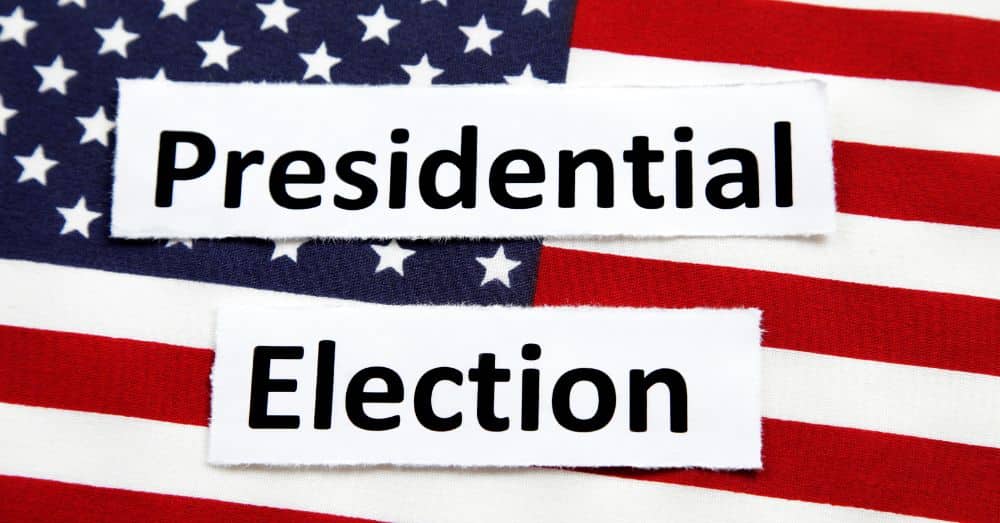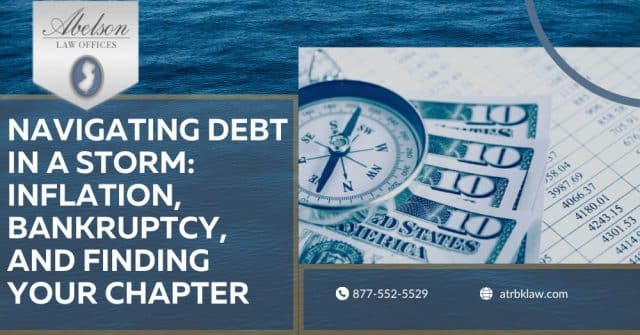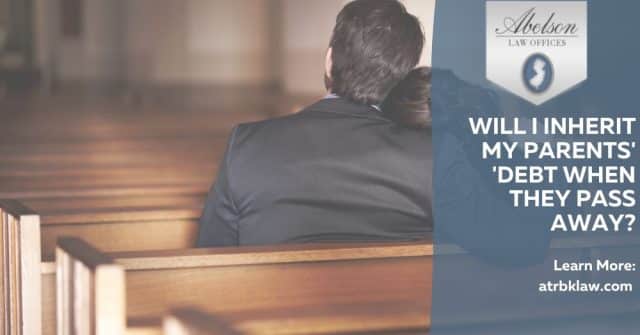A Presidential election may have more impact on one’s daily life than you might guess. Look no farther than the 2004 Presidential election which returned George W. Bush to the White House with a sufficient Republican majority to pass through the 2005 Bankruptcy “Reform” Legislation which had been vetoed (pocket vetoed to be exact) by President Clinton in 1998 and stalled by the Democrats in the Senate during President Bush’s first term. As First Lady, Hillary Clinton had expressed support for those opposing the proposed Bankruptcy reform law. That legislation imposed greater expense, obligations and restrictions on consumer bankruptcy debtors and have in fact precluded many potential debtors from Chapter 7 relief or deprived them of obtaining any bankruptcy relief at all. There is little doubt that had John Kerry won that election in 2004, that legislation would never have become law.
There appears little chance that either of the current Presidential candidates would repeal the entirety of the 2005 laws but the issue most notably subject of discussion is the impact of that law on student loan indebtedness. Virtually all student loans became non-dischargeable in Bankruptcy as a result of the 2005 law. In fairness, it should be noted that President Bill Clinton signed the legislation making government guaranteed student loans non-dischargeable, but that still left relief for millions of Americans suffering under the weight of private student loans which were in all practicality, just another form of commercial lending. The 2005 law took away that protection and there have been some suggestions that a President Hillary Clinton would be amenable to reversing that provision given the overwhelming amount of outstanding student debt (exceeding One Trillion Dollars by some estimates). Her position statements and acceptance speech refer to “liberating” millions of Americans from student loan burdens, but does not explicitly reference bankruptcy relief as that tool, although it has been opined that would be the only practical method of doing so. For further comparisons on this issue, see: http://studentloansherpa.com/donald-trump-vs-hillary-clinton-student-loans.
Donald Trump actually has filed for Bankruptcy protection for numerous of his business entities, although has not personally filed. Yet review of all of his public pronouncements do not indicate any specific position of the Bankruptcy Code or revisions to it. Given his history, perhaps he would be more receptive to such reform, but that position would put him completely at odds from the Republican majority presently in control of the United States Congress, which he would need to effectuate any changes to the Code. In short, in spite of his own reliance upon the protection of the Bankruptcy Code for his business entities, there is nothing in the public record thus far to suggest he would move to further extend or ease that relief to individuals facing financial challenges and in need of a fresh start in the Bankruptcy Courts.
While the impact of this election on bankruptcy related concerns may not be as clear as in 2004, there should be no dispute that the person occupying the Presidency is in a tremendous position to affect the lives of countless millions of American who every day consider the potential for bankruptcy relief as their last opportunity to restore financial security to their lives.




